If you clicked on this article expecting cute stories of burnt toast and other breakfast-in-bed mishaps, this is not that article. If you are parenting a child with Reactive Attachment Disorder or early childhood trauma, this is for you.
For most moms, Mother’s Day is a day to be recognized, to be celebrated, or perhaps just an average day. For moms of kids with Reactive Attachment Disorder, Mother’s Day comes at a price.
 My first five years or so of being a mom, Mother’s Day was breakfast in bed and sweet homemade cards. Once we began our journey of fostering and adopting, Mother’s Day changed. There was still the dog-pile of little ones jumping on my bed too early in the morning to wish me a “happy ‘movvers’ day” and gifts of macaroni necklaces or handprint art. But the holiday became significant in other ways as I considered the birth parents of my children and as I came to fully realize what a tremendous privilege it is to be a mom.
My first five years or so of being a mom, Mother’s Day was breakfast in bed and sweet homemade cards. Once we began our journey of fostering and adopting, Mother’s Day changed. There was still the dog-pile of little ones jumping on my bed too early in the morning to wish me a “happy ‘movvers’ day” and gifts of macaroni necklaces or handprint art. But the holiday became significant in other ways as I considered the birth parents of my children and as I came to fully realize what a tremendous privilege it is to be a mom.
After our first three adoptions, Mother’s Day was a day that in my heart and in my words, I shared with other moms as I acknowledged the significance birth moms (though I just refer to them as moms) held for my kids and even for me. Were it not for them, my kids would not have life and I would not have the gift of loving them.
And then came our last adoption of two siblings who had a complicated history and who both suffered from Reactive Attachment Disorder and early childhood trauma…
Mother’s Day was no longer breakfast in bed and sloppy kisses. It was walking on eggshells and dodging the most hurtful words imaginable. It was having gifts broken and plans foiled. It was hours-long rages and buckets of tears. It was spite and venom. It was love rejected. It was dreams dashed. It was spending the day away from my kids rather than with them. It was questioning my abilities and worth as a mom.
If you are that mom whose child sabotages Mother’s Day, this is what I want you to know:
- It is not you they are rejecting. You are not the one who caused the trauma or inflicted the hurt. You represent the possibility of more pain if they risk loving fiercely again. It is that pain they are rejecting, not you.
- You love them well. If you didn’t love them so well, you wouldn’t be perceived as such a threat. In a way, their rejection is a reflection of just how effective your love is. Good job momma!
- You did not cause this. I’m so sorry that you have to bear the brunt of it.
- It’s okay for you to take a day to yourself. 364 days of the year, you give all that you have and then more than you have to give to this child. You deserve one day.
- I know that in an ideal world, you would want to be spending Mother’s Day with your children, but if you are parenting a child whose past causes them to sabotage this day for you, plan to be away for the day. Taking care of yourself doesn’t make you less of a mom.
- Stay off Facebook on Mother’s Day. Trust me on this one. You can thank me later.
- You are doing an amazing job. Parenting is never easy but parenting a child with trauma is hard, hard, hard and you are doing it. You need to give yourself more credit. You rock!
- Remember that their hurt comes from a place that is very real. This day is likely even harder for them than they are making it on you.
- It’s okay to acknowledge the pain that this causes you. You don’t deserve this and frankly, neither does your child.
- You are not alone. There are other moms crying in their bathrooms at the same time you are.
What Mother’s Day looks like now in our house:
For a few years, we tried to continue our usual Mother’s Day traditions. It was just too painful and hard, not just for me but for my kids, both the ones suffering from RAD and for the others. For a few years after that, my husband would take the kids out for the day and I would spend the day alone which was better and not quite as triggering for our kids, but still left me feeling quite sad.
Then, I decided to make Mother’s Day more focused on others. I began making a nice brunch for my mom and my mother-in-law and keeping the focus on them, making it more of a grandmas’ day. This helped my kids somewhat. They were still triggered, but not to the same extent. I have since continued that tradition and added reaching out to a single mom each year and inviting them and their kids to the brunch. I find that by keeping the day focused on others, I don’t fall into the trap of feeling sorry for myself as easily. I do still feel nervous leading up to Mother’s Day and I have to work hard at not comparing mine to others (see #6 on the list), but the sting isn’t as strong as it once was.
P.S. If you want to be able to celebrate a Mother’s Day, make a secret one another day. Ask your spouse or a close friend to create your own special day midweek. Just be sure not to tell your child about it.
Join me for a free 5 part email series, Little Hearts, Big Worries offering resources and hope for parents.


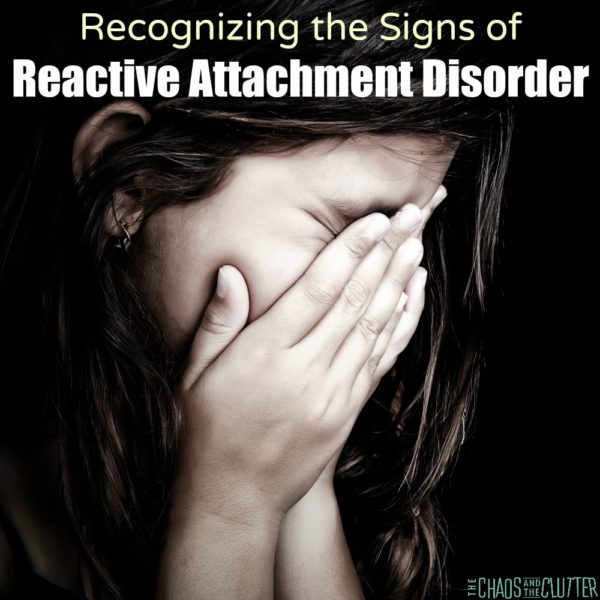

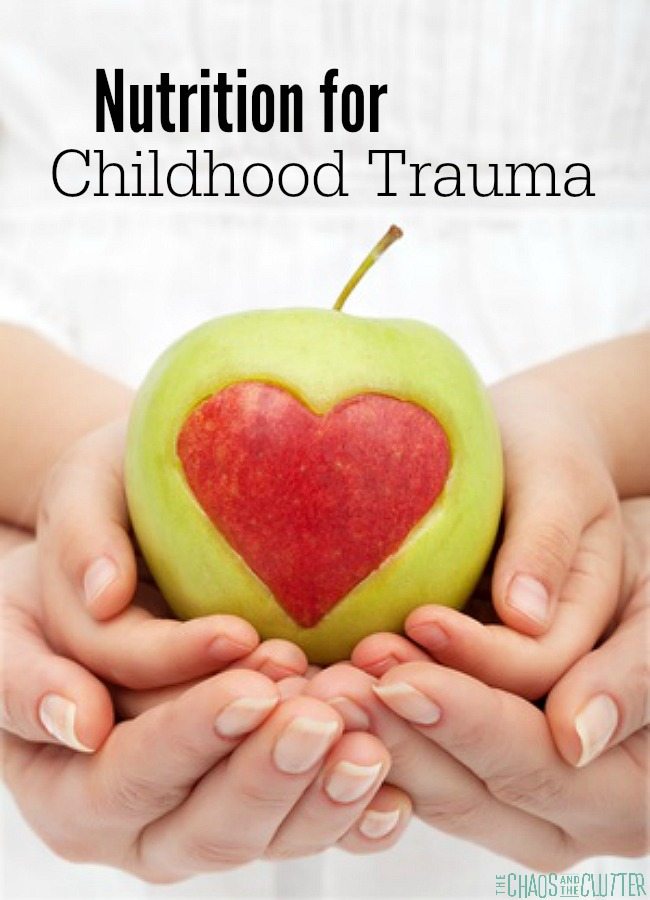 Chronic stress can actually impact the way a person digests and absorbs their food so in children with higher cortisol levels due to early trauma, supplements may be needed.
Chronic stress can actually impact the way a person digests and absorbs their food so in children with higher cortisol levels due to early trauma, supplements may be needed.
 Join me for a
Join me for a 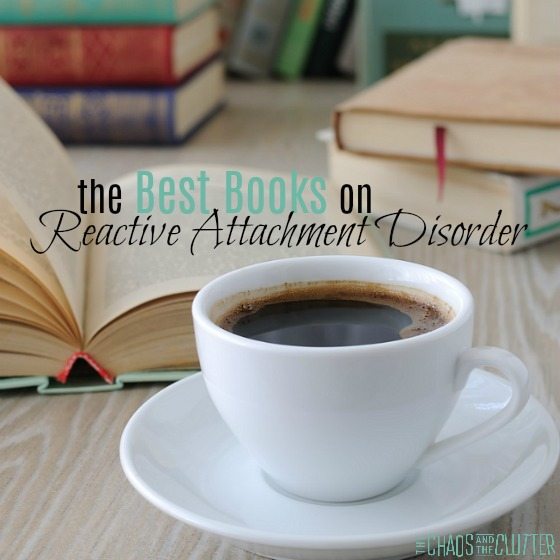
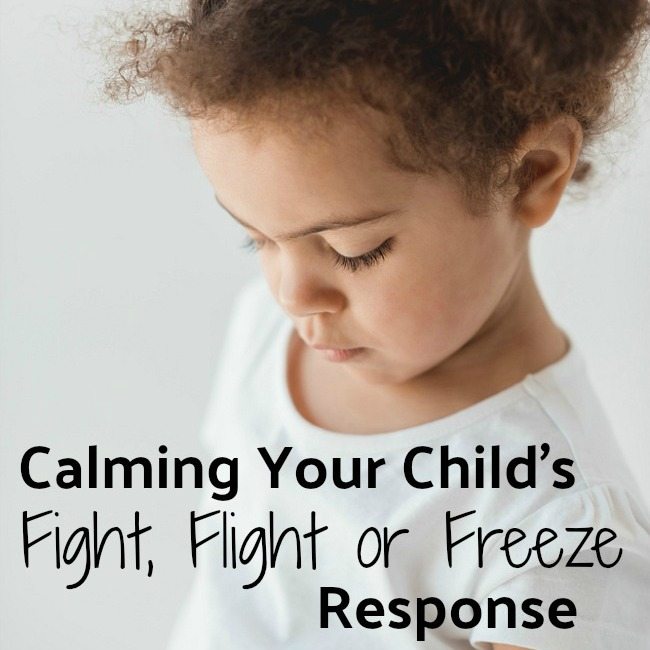

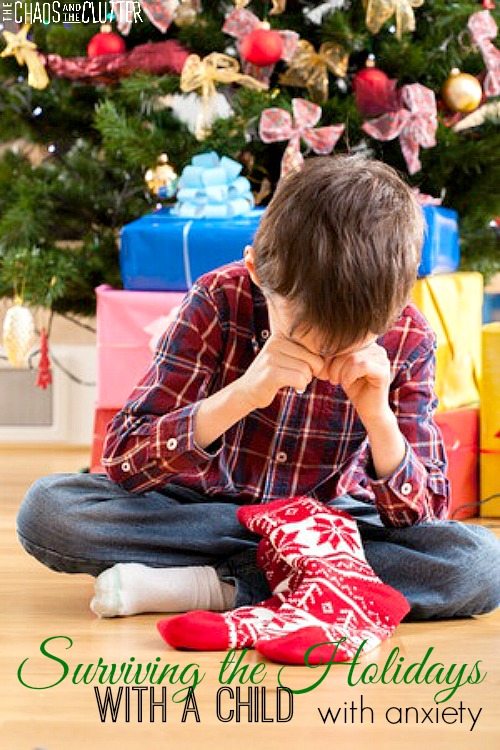 Image Copyright:
Image Copyright: 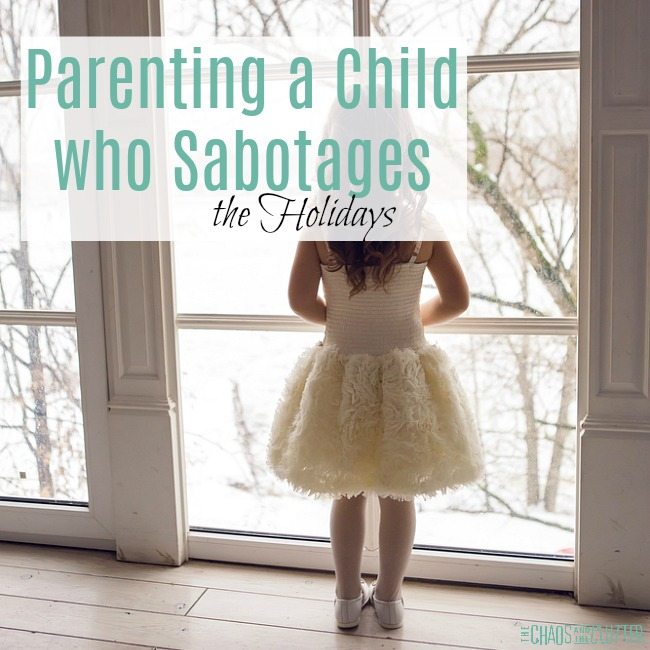

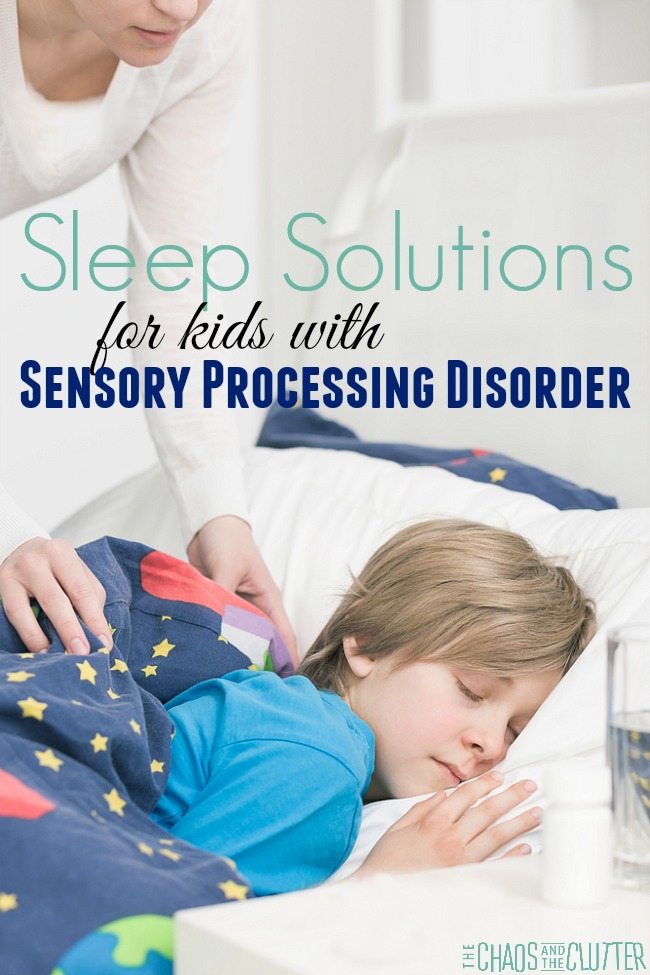 If your child is not capable of expressing what their sleep issues are, play detective. Try lying in their bed in the dark and using your senses to troubleshoot what issues there may be. Is there any type of noise that may be bothering them? Are the sheets scratchy? Are the walls painted a bright colour or is there too much clutter in the room? How is the temperature in the room? Is there a smell?
If your child is not capable of expressing what their sleep issues are, play detective. Try lying in their bed in the dark and using your senses to troubleshoot what issues there may be. Is there any type of noise that may be bothering them? Are the sheets scratchy? Are the walls painted a bright colour or is there too much clutter in the room? How is the temperature in the room? Is there a smell?

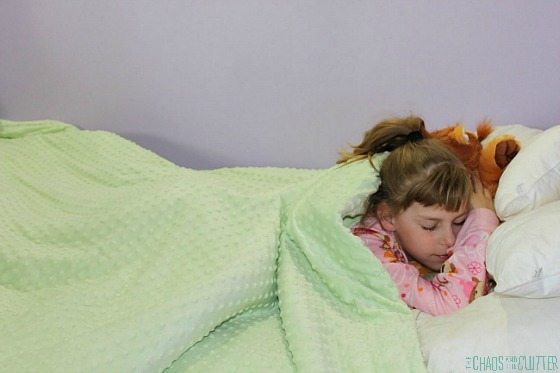 Another option for weighted blankets is to make your own. You can find
Another option for weighted blankets is to make your own. You can find 







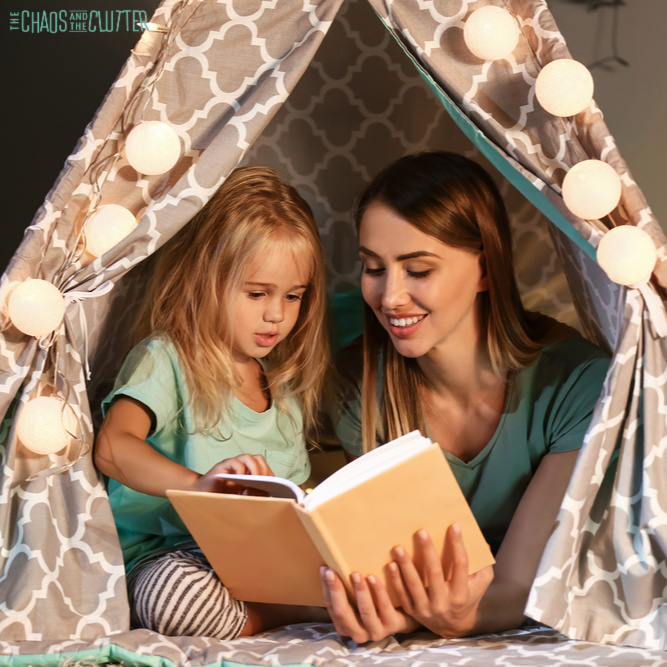



 I now need the village. I don’t know what I would do without my support network, those who have stood by me during the hardest years of my life. They have listened even when they haven’t understood. They have cried with me, prayed for me, and made sure that I still have the chance to laugh.
I now need the village. I don’t know what I would do without my support network, those who have stood by me during the hardest years of my life. They have listened even when they haven’t understood. They have cried with me, prayed for me, and made sure that I still have the chance to laugh.